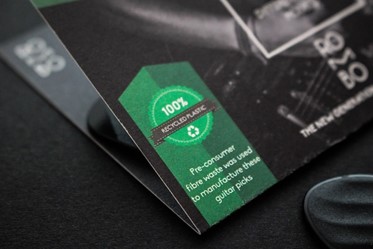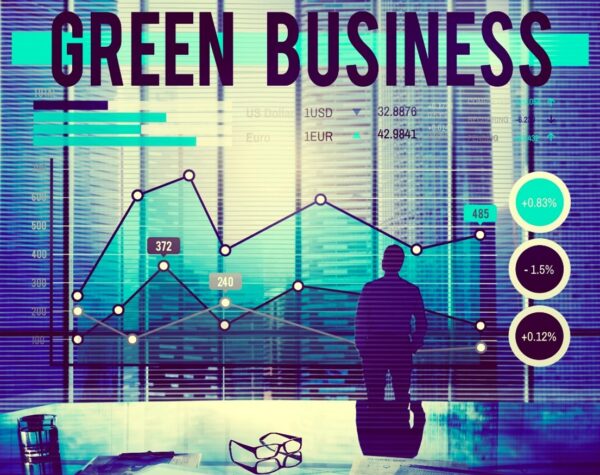Embracing sustainability or “going green” has become a priority for many businesses around the world — and for good reason. Not only does it help the planet, but it’s beneficial for society at large. Although, such practices are more than a moral obligation; they play a key role in business success in 2023 and beyond.
Keith DeMatteis of Nassau County explains that understanding how and why companies are going green helps buyers shop smarter and business owners stay ahead of the curve.
Why Businesses Are Embracing Sustainability
Aside from the much-touted moral, environmental, and social reasons for implementing sustainability practices, firms are incorporating changes for many business-growth reasons, such as:
Corporate Financial Performance Improvement
Morgan Stanley Capital International (MSCI) supplies an ESG (Environmental, Social, and Governance) index that compares businesses’ performance with high ESG relative to their industries’ peers. Leaders in ESG have outperformed others over the last few years, even throughout the COVID-19 pandemic.
On top of that, the same agency’s research dictates that ESG stocks are deemed lower risk — a fact that also held true throughout the 2020 lockdowns.
Risk Management Enhancement
Sustainability and risk management go hand-in-hand, so it’s unsurprising that many companies are incorporating ESG concepts to better their risk identification and mitigation approaches. Traditionally, financial reporting focused on the past. Now, it must look forward, assessing the implications of climate change on companies in the long run.
Over the past 13 years, environmental risks have topped charts where economic and geopolitical risks once stood. And since climate change is hitting harder and faster than anticipated, companies are being forced to look at their impact on this worldwide issue, alongside how the problem will affect all facets of their business.
Business Reputation Betterment
Reputation management means establishing a good image in consumers’ eyes, aligning messages with actions. In this eco-conscious society, sustainability adds massive plus points to company reputations. Lego is a great example — it announced its decision to construct Legos from plant-based sources and immediately followed the announcement with products made from sugarcane and leaves.
Companies with green values show they care about more than making money, developing brand identities that stay in line with consumer concerns.

How Businesses Are Becoming More Sustainable
To reap the rewards from embracing sustainability, businesses are employing a range of practices, like:
- Using alternative energy. The most common include wind and solar, but hydropower and geothermal are used by some firms.
- Replacing equipment with water-efficient or green energy options. Businesses aren’t replacing everything at once. Instead, they’re choosing sustainable options when older equipment breaks beyond repair.
- Using LED or CFL bulbs. While they cost more than standard bulbs, they use less power and have a longer lifespan, saving money long term.
- Reducing waste. From reusable coffee cups to complete supply chain alterations, businesses are cutting back on waste as much as possible. Naturally, recycling plays a role in this endeavor.
- Carbon insetting. Green businesses invest in projects/activities that remove carbon from the atmosphere. It’s akin to carbon offsetting, except the company takes direct responsibility for their supply chain’s emissions.
